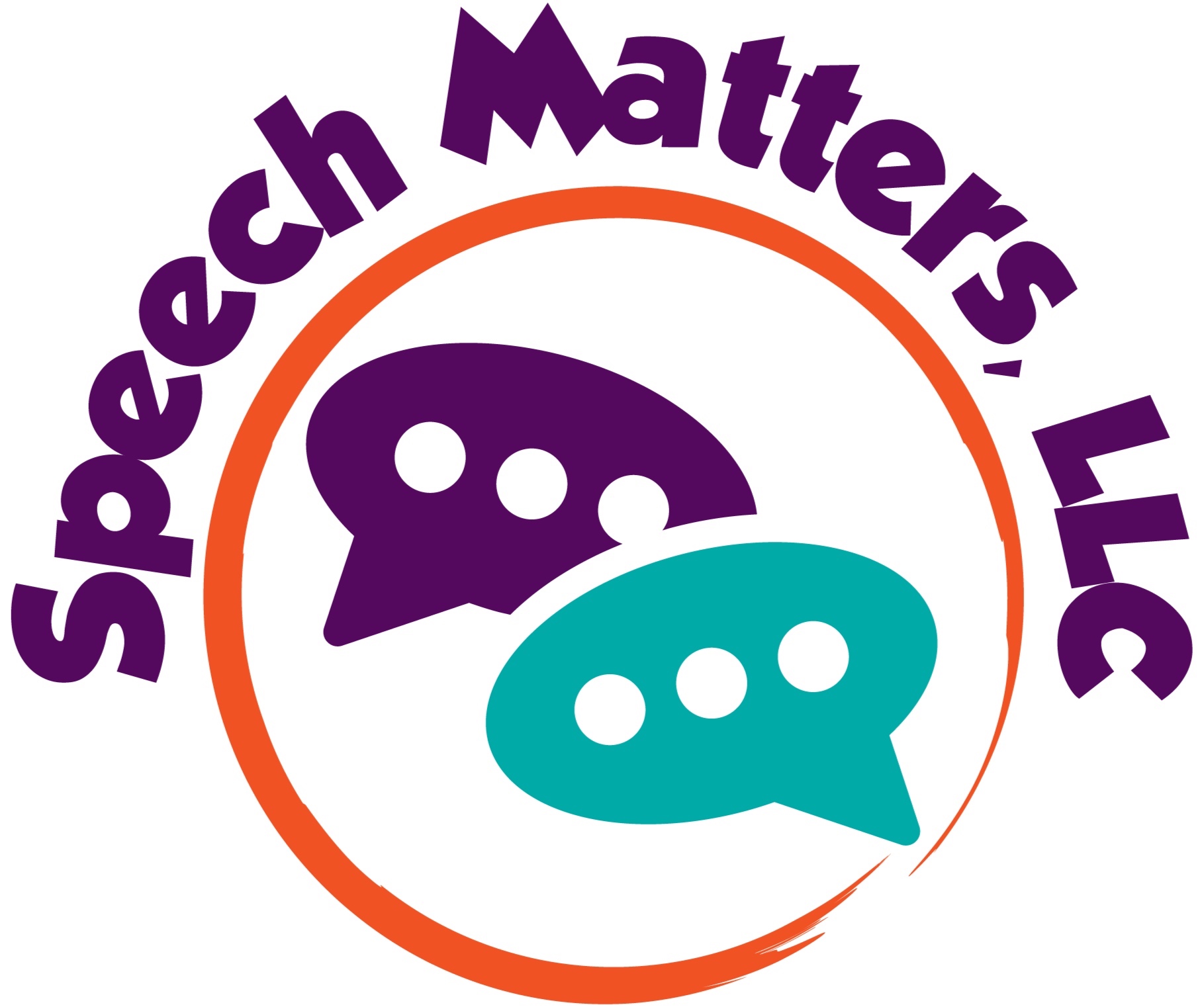Language Developmental Milestones
Parents often come to us worried about delays in their child's speech and language development, asking questions such as "is my child on track?".
Language developmental milestones are a great way for parents to monitor their child's language development and determine if their child may have a delay. While progress can vary significantly, parents should be aware of these milestones as their child builds their language abilities, as deviation from these milestones may indicate a delay and need for speech/language therapy.
As a leading provider of comprehensive speech and language therapy across the Philadelphia area, Speech Matters is your best resource for questions about your child’s development. If you have any questions about how to interpret these milestones and what they may mean for your child, we’re always happy to talk! Simply give us a call or contact us.
| Age | Milestone |
|---|---|
| 0-3 months | Smiles and interacts with others |
| 4-7 months | Babbling |
| 7-12 months | Uses gestures like waving and pointing |
| Recognizes name | |
| Says 2-3 words other than "mama" and "dada" | |
| Recognizes that words are symbols for objects | |
| 7-24 months | Understands what others say |
| 12-18 months | Says a variety (10 to 20) of words |
| 1-2 years | Responds to single-step directions, such as bringing an object into the room |
| Identifies eyes, nose, and toes | |
| Makes want known, such as using "more" | |
| Makes "sounds" of familiar animals | |
| 1.5-2 years | Puts words together to make sentences |
| 2 years | Says over 50 words |
| 2-3 years | Identifies body parts |
| Talks to toys | |
| Asks "what's that?" | |
| Uses negative phrases, such as "no want" | |
| Forms plural endings, such as "books" | |
| 450 word vocabulary | |
| Combines nouns and verbs, such as "I do" | |
| Names common pictures and things | |
| Plays and talks with other children | |
| 2.5-3 years | Shows interest in books and drawing |
| 3-4 years | Can tell a story |
| Speaks in sentences of 4-5 words | |
| 4-5 years | Uses past tense |
| Identifies shapes | |
| Understands simple time concepts, such as "next" or "in the morning" | |
| Asks many questions, such as "who?" and "why?" |
*Adapted from ProEd - Inc.
The above table can be used as a guide to assess whether your child is within the typical developmental range for specific receptive and expressive language skills, or if your child may have a speech delay. While not all children meet these milestones at these exact times, the represented ages and skill sets are typical expectations for the average child. Development in line with milestones like these is one of the many areas our speech and language therapists will address with your child as part of our in-home screening and standardized evaluation processes.

